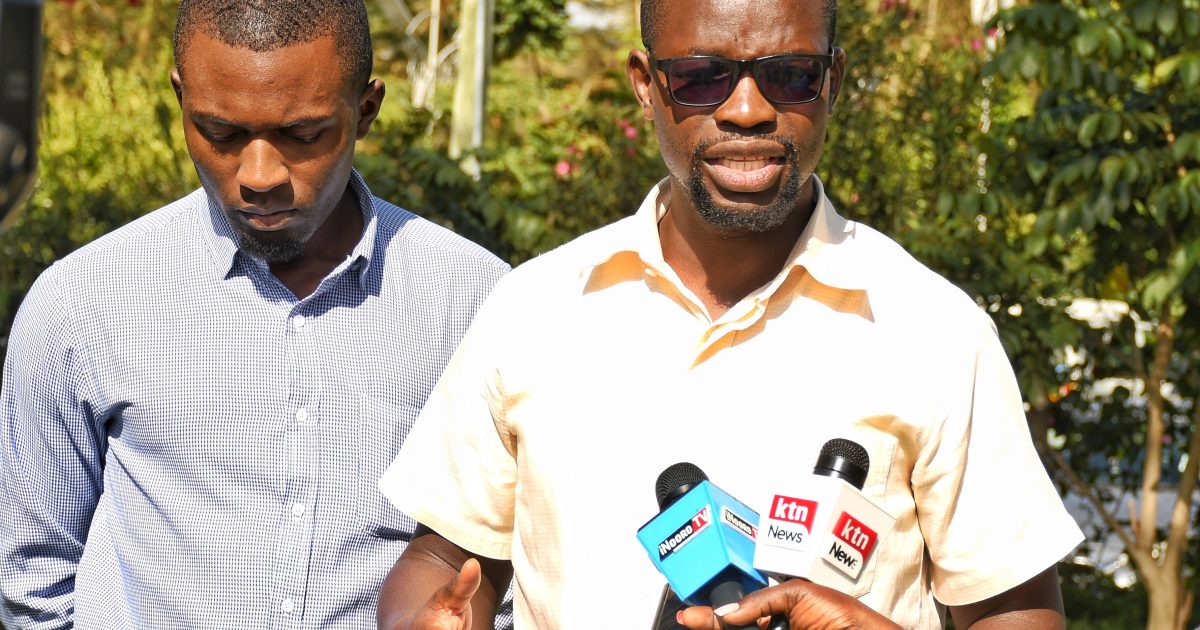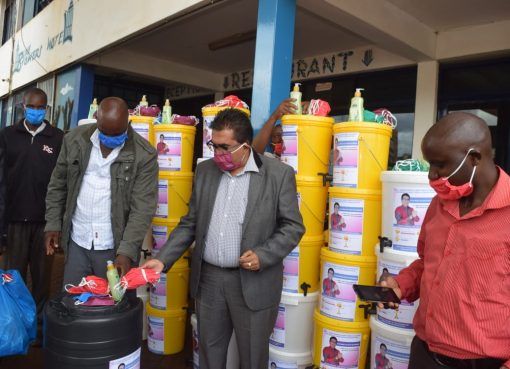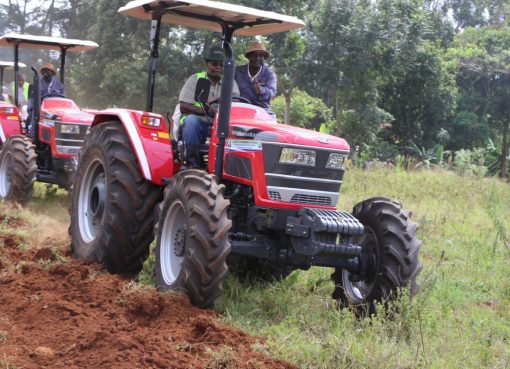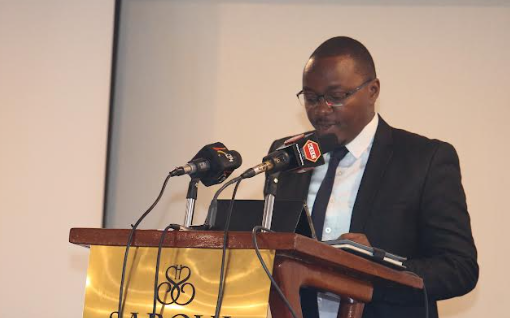Civil Society groups have raised an alarm over cases of promiscuity and drug abuse involving teenagers in Nairobi amid fears that the trend could spiral the rates of sexual infections.
The new trend which gained notoriety after the government imposed lockdowns over the spread of Covid 19 infections risks negating the gains made in suppressing new sexual infections in the country.
According to Robert Aseda, the head of programmes at the Network for Adolescents and Youth of Africa, sex orgies among young people have been identified as a major concern in the fight against infections such as HIV/AIDS.
Asaeda said, since Covid imposed lockdowns, young people have been lured into these orgies coupled with drug and substance abuse in return for ‘fun’ and money while exposing their health to risks.
Aseda said new trends and research have shown that young people are engaging in sexual activities quite early leading to a sharp increase in teenage abortions, early pregnancies and gender-based violence.
To reverse the emerging concerns, Aseda said Nairobi will implement a three-year County Adolescent and Youth Reproductive Health framework to address the gaps including roll out of youth-friendly centres that address their health needs.
He lauded Nairobi for investing in more than 120 youth-friendly health facilities to address the comprehensive needs of its adolescent population where more than one million live.
Aseda said the centre will provide a conducive environment where young people will feel free to seek counselling sessions, mental health advice, and HIV and sexually related infection testing towards a healthy population.
On his part, Dollarman Natse from the Centre for the Study of Adolescence decried increase in murder, suicides and femicide cases affecting young people calling for more awareness creation to reverse the worrying trend.
Naste said the rise in HIV infection has been a challenge among the youth which has been attributed to emerging sexual trends including unprotected early sexual contact.
“We are calling for more budgetary allocations from Nairobi County to drive and create more awareness campaigns among young people on gender-based violence, HIV, and femicide to curb increased incidences”, said Naste.
Consequently, Naste said in partnership with Nairobi County and other partners have already deployed the use of social media platforms to reach and disseminate information which addresses young people sexual and reproductive health concerns.
According to President of Nairobi Youth Advisory Council Mary Merci Niyibeshaho, statistics indicate that 74 per cent of men have prior knowledge about HIV as compared to 58 per cent of women.
Niyibeshaho said the implementation of the revamped strategy will address the knowledge gap disparities, mental health concerns and the cause of rising femicide among the youth.
She noted that Nairobi County has established youth-friendly health centres which will cater for sexual health needs regardless of their cultural, religious, gender or sexual identification.
By Erastus Gichohi





